Seeing through the illusion
September 22, 2017
A good friend never leaves your side. A good friend is always there to talk. A good friend brings you laughter when life gets rough. Maybe you thought of a person, but a device most American teens carry in their back pocket can fall into this category of a “friend” as well. It is a cell phone.
Twitter, Instagram, Snapchat and Facebook have become supplements that the world is swallowing to fill the unsatisfiable human hunger for acceptance and connection. It is much easier to be the first to say ‘I love you’ when it’s through text or Snapchat.
Posting paragraphs full of hate seen by hundreds of Facebook friends is effortless compared to announcing your anger to a room full of familiar faces. However, it hasn’t always been this easy to convey your emotions.
High Schoolers today are a guinea pig generation. Our parents have shared the majority of our milestones and achievements with their population of friends as we have grown, leaving out the times we got our cards moved to red or going to the principal’s office for a spanking, but widely publicizing our report cards and 200 book challenges.
We have been exposed to pictures of other’s children since we were five or younger, beginning to compare ourselves to them and their accomplishments before all of our baby teeth had fallen out.
As we grew, the smartphone was released and the instantaneous communications on media platforms jumped from the ease of the computer, to the tap of a screen in the palm of your hand.
The hour of promise arrived when our parents decided the time had come to bless us with a phone or an iPod, and from then on, life was different.
High school students have learned to put their most attractive photos on social media. It is easy to appear like a completely different person on the internet because we have the time to build our image and think about what we are going to say, unlike the rough responses we may give in real life.
Twitter bombards teens with posts of perfect friendships and relationships, growing our expectations so high it makes it seems like they will never be achieved. Delusional dreams of the false reality that exists on our screens only makes us empty. Since 2006, suicide rates have been growing by more than 2% every year, with the fastest growing death toll being that of teenage girls. That same year Facebook opened its doors to users that were older than 13 and had a valid email.
Although I am not trying to blame Mark Zuckerberg for the world’s growing loneliness, it seems to me there is an unavoidable correlation.
I am not trying to rid the world of instant access to news and ability to reach an audience with important information. There are many positives to social networks, and I use them just as much as the next teenager.
There have been many occasions between my peers and I where we connect with a friend of a friend on the internet. Over Snapchat they seem like the easiest person to talk to, with a beautifully laid out Instagram creating a picture perfect person. However, this illusion is shattered when the screens are in back pockets and we are standing face to face.
Words can not be deleted and retyped once spoken out loud, and the minute or two we have to think about what we will say to impress the other person online has been swallowed up by them physically being in front of us. It is suddenly clear the connection between us does not exist without wifi, and now the only string that keeps two would-be friends together is the occasional glance of a carefully curated Snapchat story.
The facade created on websites does not display itself in person, and the raw pulp of personality is served with a side of harsh realization. An entirely new genre of disappointment has been created with the rise of social media.
I find it is easy to wrap myself up in the warm blanket of rhythmic media perfection. However, I always end up left out in the cold, hit with the pain of reality. I have found correlating the quality and importance of my life with the amount of likes or retweets I get only makes the crave for validation grow deeper.
In the end, I have to abandon the fear of displaying my flaws, accept that I am not always going to say the ‘right’ thing or be likeable to everyone. I have to be grateful for those who laugh with me even when my bad side is on display and smile at my shortcomings.


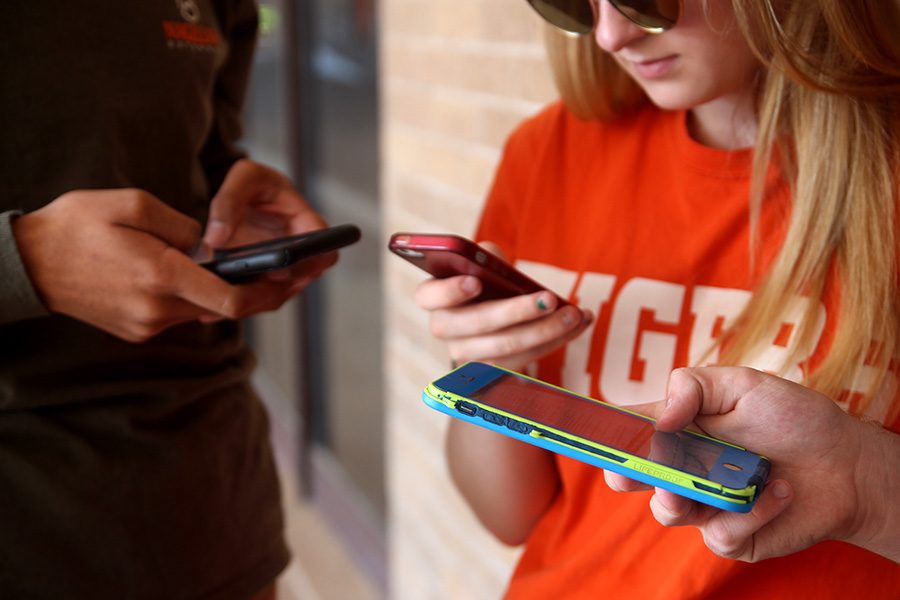










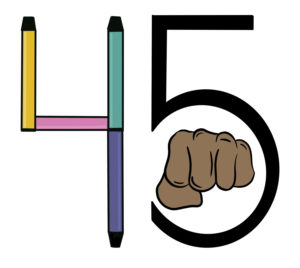



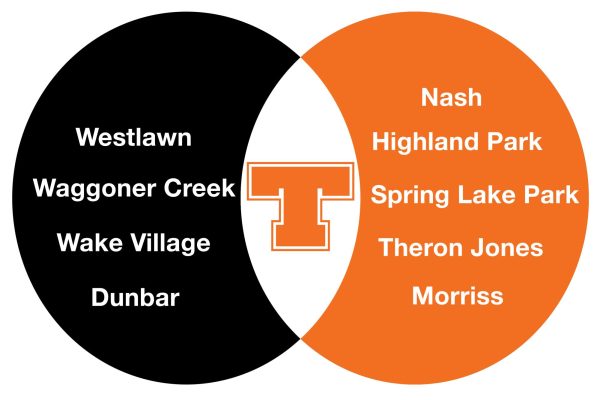
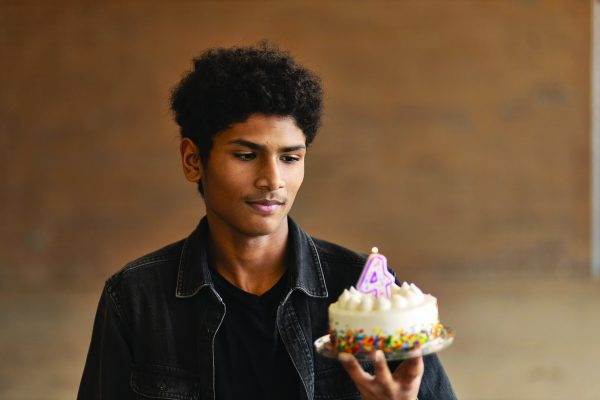
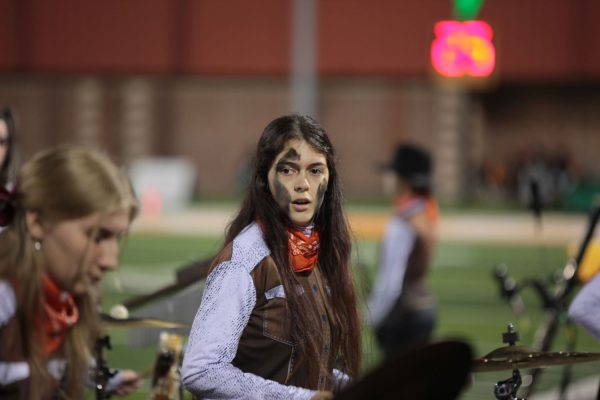

Vicki Carfr • Sep 25, 2017 at 11:08 pm
well said. It takes guts to be vulnerable in today’s world.
Michael Morris • Sep 28, 2017 at 8:15 pm
Margaret, I so proud of you for posting this article.